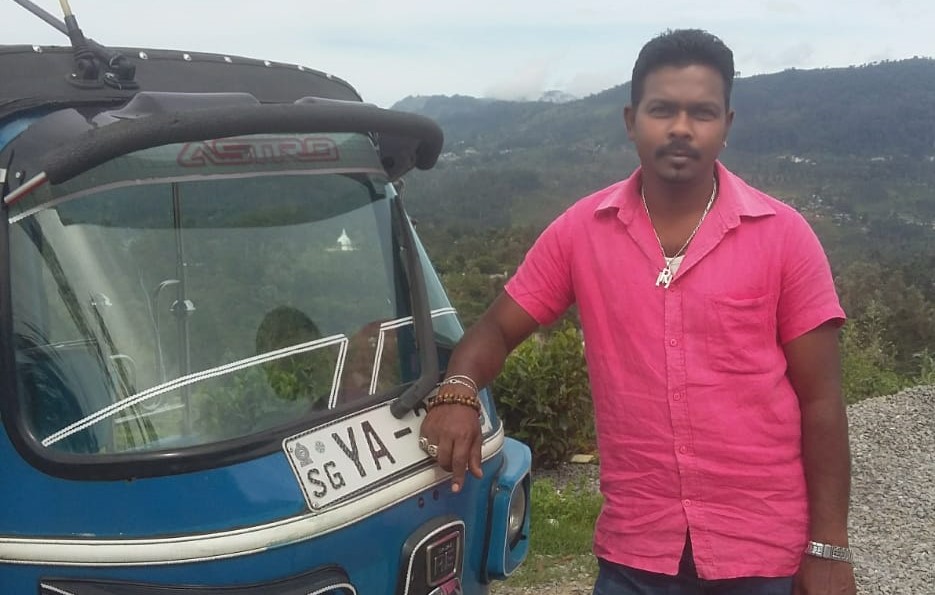Meet the locals
What’s the most important part of a painting holiday?
The wonderful subject matter, the tuition and advice, learning a new medium or honing your skills?
The chatting and laughing, friendship, inspiration and encouragement from your companions?
The weather, scenery and relaxation? The food, the fabrics and immersion in a different culture – and the chance to paint it all?
Probably all of the above, and any sketching or painting holiday worth joining will encompass all this and more. What, though is the most memorable part?
When the tan has faded and the sketchbooks have been leafed through by everyone with a passing interest, what are the particular moments standing out from the general warm, fuzzy, ‘I’ve had a wonderful holiday experience’ feeling?
The chances are they will involve people we meet along the way: our drivers, accommodation providers, waiters, guides, shop keepers and all manner of local people we may bump into, often quite randomly, along the way. Their welcoming smiles, quirkiness, generosity and insights – in some cases even their apparent irrationality – are likely to stay with us long after the holiday. They may pop up in photos or even in sketches and these encounters will be enmeshed within our memories, no matter how insignificant they may have felt at the time.
Meeting the local people is mostly unavoidable while travelling and on a Vistas holiday it is actively encouraged. In all our destinations you will receive an appreciative welcome from the local population; the subtlety of this tends to range from warm to extremely hot along with the weather. In Morocco and Sri Lanka, for instance, many locals just love talking to strangers!
I first bumped into Raja while I was researching accommodation for the ‘Land of Smiles’ itinerary in his home town of Haputale, up in the hill country. I mean ‘bumped into’ quite literally; I was plodding up the narrow road in the hot morning sun when I looked up and there he was, blocking my path with his tuk tuk, watching at me expectantly. Unlike most tuk tuk drivers, however, he didn’t immediately start insisting. In fact he didn’t say anything, just cocked his head on one side. He had his feet on the dashboard as if resigned for a long wait and I got the feeling he wasn’t too bothered if I got in or not. My choice.
‘What do you want to pay?’ he asked. Either he was enjoying the rest or he instinctively knew he’d met his match in me: I didn’t need a tuk tuk. I was a bit sweaty, though, and his lack of pushiness intrigued me so I offered an amount I felt sure would be scoffed at. He did not try to haggle, just wobbled his head in resignation and grinned under his Bollywood moustache. He spent the rest of the day ferrying me around from hotel to hotel, viewoint to viewpoint and to hidden places I wouldn’t have found by myself. We climbed through trees to see the valley spread out below us before devouring a fabulous lunch in a tiny restaurant I’d have mistaken for a house.
Raja and I have been friends ever since and I always make a point of catching up with him when passing through Haputale. If I can use his services on the sketching trips I do so, but he’s no businessman. A Tamil (who form a large proportion of the population in this tea-producing area, origianlly brought in as pickers), a Hindu and a vegetarian, Raja is calm, kind and humorous. For several years he worked in Malaysia as a chef but told me he had no life there, no friends, just long hours of work. He missed his family and his home so returned to the land he loves, content to swap a higher wage packet for a simpler lifestyle. He likes to grow flowers such as dahlias, roses and geraniums which flourish in Haputale’s springlike climate and spend time with his two children, when he’s not practising his language skills with tourist customers.
Covid-19 has hit Sri Lanka very hard and although Raja and his family have not succumbed to the virus it has affected the majority of the population financially, particularly in the poorer regions. With little help from the government and virtually no work many are struggling to put food on the table; Raja has been forced to accept random jobs and has tried to grow vegetables, which he has ended up eating rather than selling as all around him the enterprising are doing the same.
His dream is to provide a good education for his children and to build a house for them all; he built one for his sister first, which typifies his generosity of spirit. His immediate hope, of course, will be shared by the majority: to see an end to this dreadful pandemic and a return to a life of possibility, where one of his greatest joys is seeing his customers happy.
Raja is very much in my thoughts along with everyone in Sri Lanka and beyond who is struggling at this time. I hope we will be able to visit soon and I’m wishing for a speedy return to health and prosperity.

